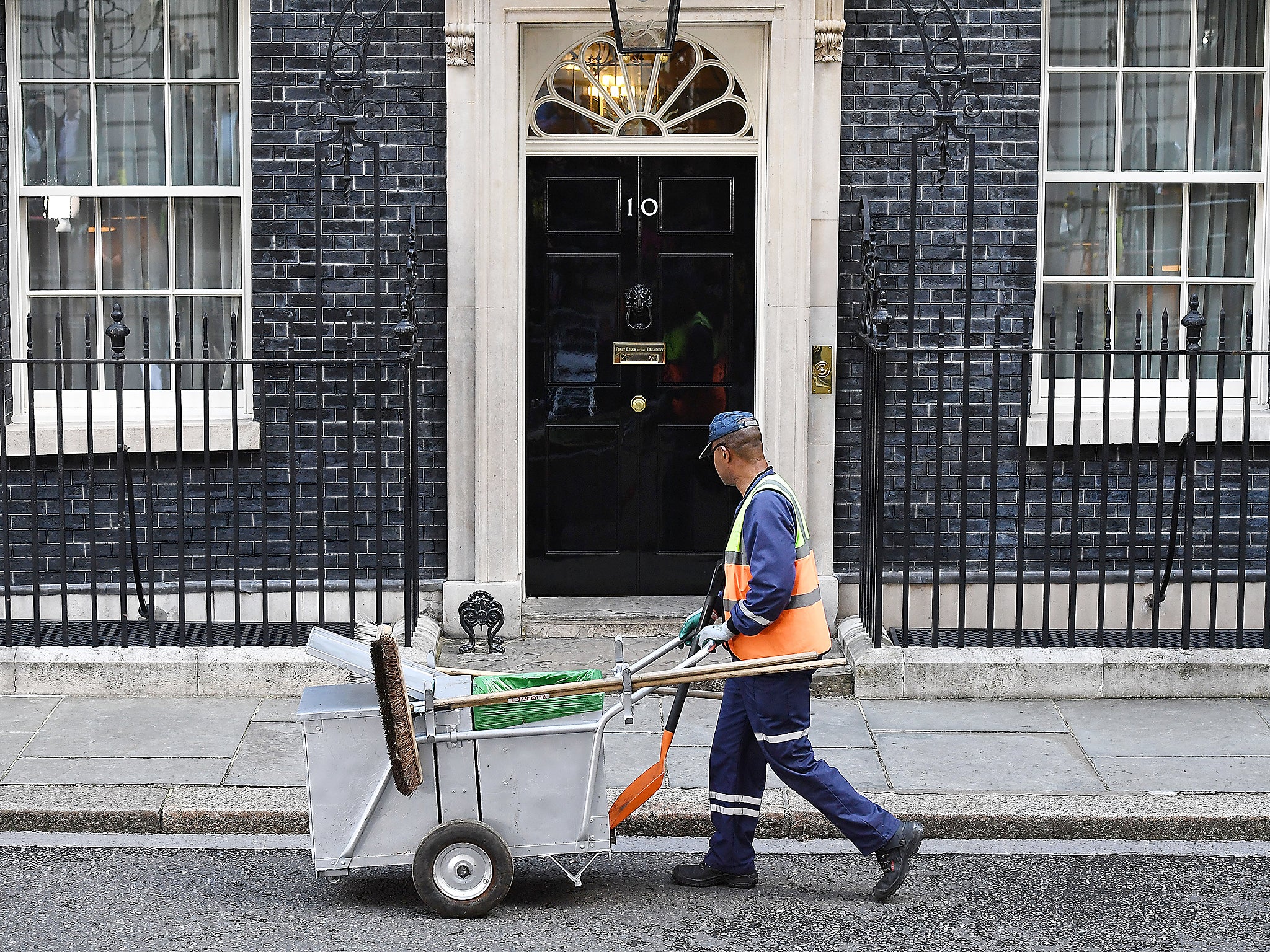A weakened government could be a strategic gain for the UK
The famous checks and balances of the Constitution are deliberately there to limit presidential power. As a result the US has, at least in peacetime, a rather weak government. Yet it is the richest country in the world


Welcome to weak government. Or at least get used to it, for that is what we are going to get in Britain for the foreseeable future. For the political pundits, to say that is heresy. They jeer at weak leadership and admire strong leaders – unless perhaps they happen to be running Russia. For the business community it is close to heresy, for the thing that supposedly they hate most is uncertainty. How can they plan when they don’t know who is going to be running the show?
But I think there is a strong case to be made that countries that have a tradition of weak central government perform in economic terms just as well as those with strong ones. How so?
Let’s start with a couple of successful weakly governed countries, one smallish, the other very big.
The smallish one is Switzerland, a country that some of us think should be the model for Britain post-Brexit. It has a strong currency, arguably the strongest in the world. It has a strong civic community and its people have a strong work ethic. It has powerful local government and a deep democratic tradition, including frequent referendums. But the central government has unusually little power.
So in February last year there were four decisions the voters were asked to make. One essentially would have blocked gay marriage, for it proposed that marriage should be defined as a union between a man and a woman. The second was about the automatic expulsion of foreign criminals. The third was against speculation on food. And the final one was about building a second Gotthard tunnel under the Alps.
As it turned out the tunnel was the only one passed, and that was the only one proposed by the federal government. But imagine these decisions being put to a vote in the UK. We would find it odd that the people, not the government, should make these decisions – though many people might like the third runway at Heathrow to be subject to a referendum.
There were another nine issues on which the Swiss people had to vote last year, including one that would have shut down nuclear power. The government does usually get its way, but not always by any means, and that gay marriage vote was very close indeed. It can and does shape the agenda but its ability to drive things through is constrained.
Add in the further twist that many decisions are taken by the cantons, not the federal government, and you can see that the power of the centre is very limited. That has not stopped Switzerland becoming the richest sizeable country in the world.
Now take a huge country, the US: a powerful president, commander-in-chief, finger on the nuclear button and all that? Well no. The president has the trappings of power but actually his authority is extremely limited, as President Trump is discovering. We have a braggart in office, who gets massive coverage for everything that he says or tweets. But he is finding that he cannot do much. He could not get the repeal of President Obama’s healthcare bill through Congress. He looks as though he will be unable to make meaningful tax reforms either. This is despite the Republicans controlling both houses of Congress.
Now it may be that he will learn to manage the system better, though I doubt it. But even much more accomplished presidents have found it difficult to get their policies through. The famous checks and balances of the Constitution are deliberately there to limit presidential power. As a result the US has, at least in peacetime, a rather weak government. Yet it is the richest country in the world.
To give these two examples of successful countries with weak governments is not to say that weakness is a virtue in itself. But if you think back to the strongest governments the UK has had since the demise of Margaret Thatcher, the three Blair/Brown administrations, they managed to make a grave foreign-policy error (the Iraq War) and a grave financial one (going into the 2008/9 downturn with a huge fiscal deficit).
So maybe we will be pleasantly surprised in the coming months. Or to put the point another way, maybe this weak government will not make as many errors as previous stronger ones.

Join our commenting forum
Join thought-provoking conversations, follow other Independent readers and see their replies